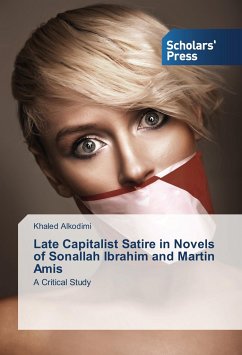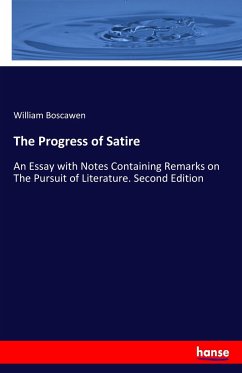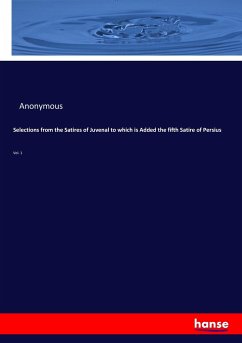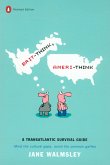Capitalist satire is a commonly recurring issue in western texts, however, little attention is paid to the genre as an important aspect of modern Arabic fiction. This study highlights the works of Ibrahim to showcase his satiric mode on the devastating effects of capitalism on Eastern society and to further highlight satire as a significant mode of modern Arabic novel. The analysis relies on Leonard Feinberg and Gilbert Highet's views of satire, as well as on the definitions of Northrop Frye and Mtumane among others to analyse Ibrahim and Amis' use of satiric devices such as exaggeration, irony and distortion to express their anti-capitalist stance. Taking Ibrahim and Amis as authors who bitterly criticized the established socioeconomic conditions of the late twentieth century society, the analysis centers on two novels each, whose satirical tone, together with their subject matter and wide spread popularity, make them essential reading in this context. Thus, this book can be an essential reading for university students and researchers who are interested in Arabic literature, postcolonial literature and comparative literary studies.
Bitte wählen Sie Ihr Anliegen aus.
Rechnungen
Retourenschein anfordern
Bestellstatus
Storno








